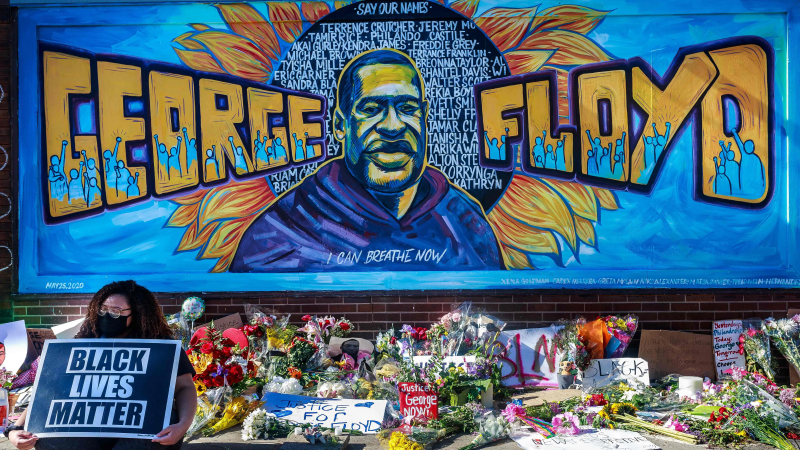Paramedic sentenced to probation in 2019 death of Elijah McClain after rare conviction
A Colorado judge sentenced paramedic Jeremy Cooper to probation and work release Friday, closing out the last of three trials around the 2019 death of unarmed Black man Elijah McClain.
Jeremy Cooper was sentenced to 14 months in a work-release program and four years of probation after he was found guilty of criminal negligent homicide in December. Cooper faced up to three years in prison.
McClain's death gained renewed attention amid racial justice protests following the murder of George Floyd in 2020 and five police officers and paramedics were subsequently indicted by a Colorado grand jury on manslaughter, criminally negligent homicide and other charges. Three were found guilty and have been sentenced.
Aurora police officer Randy Roedema was sentenced to 14 months in jail in January after being convicted of criminally negligent homicide and third-degree assault, and fellow paramedic Peter Cichuniec was sentenced to five years in prison in March for criminally negligent homicide and second-degree assault.
It is rare for police officers to be charged or convicted in on-duty killings, and experts previously told USA TODAY it is even rarer for paramedics to be criminally prosecuted in such cases.

What happened to Elijah McClain?
McClain, a massage therapist, was walking home from the store on Aug. 24, 2019, when he was stopped by police after a 911 caller reported a man who seemed “sketchy.” McClain was not armed or accused of committing a crime. But officers quickly threw him to the ground and placed him in a since-banned carotid artery chokehold. Paramedics later arrived and injected him with ketamine, a powerful sedative. He died days later.
An original autopsy report written soon after his death did not list a conclusion about how he died or the type of death. But an amended autopsy report released last year determined McClain died because of "complications of ketamine administration following forcible restraint." The amended report still lists his manner of death as "undetermined."

A local prosecutor initially declined to bring criminal charges over McClain's death partly because of the inconclusive initial autopsy report. But as the case received more attention after Floyd was killed by former Minneapolis police officers, Colorado Attorney General Phil Weiser launched a grand jury investigation.
Contributing: Reuters; N'dea Yancey-Bragg, USA TODAY
Disclaimer: The copyright of this article belongs to the original author. Reposting this article is solely for the purpose of information dissemination and does not constitute any investment advice. If there is any infringement, please contact us immediately. We will make corrections or deletions as necessary. Thank you.






